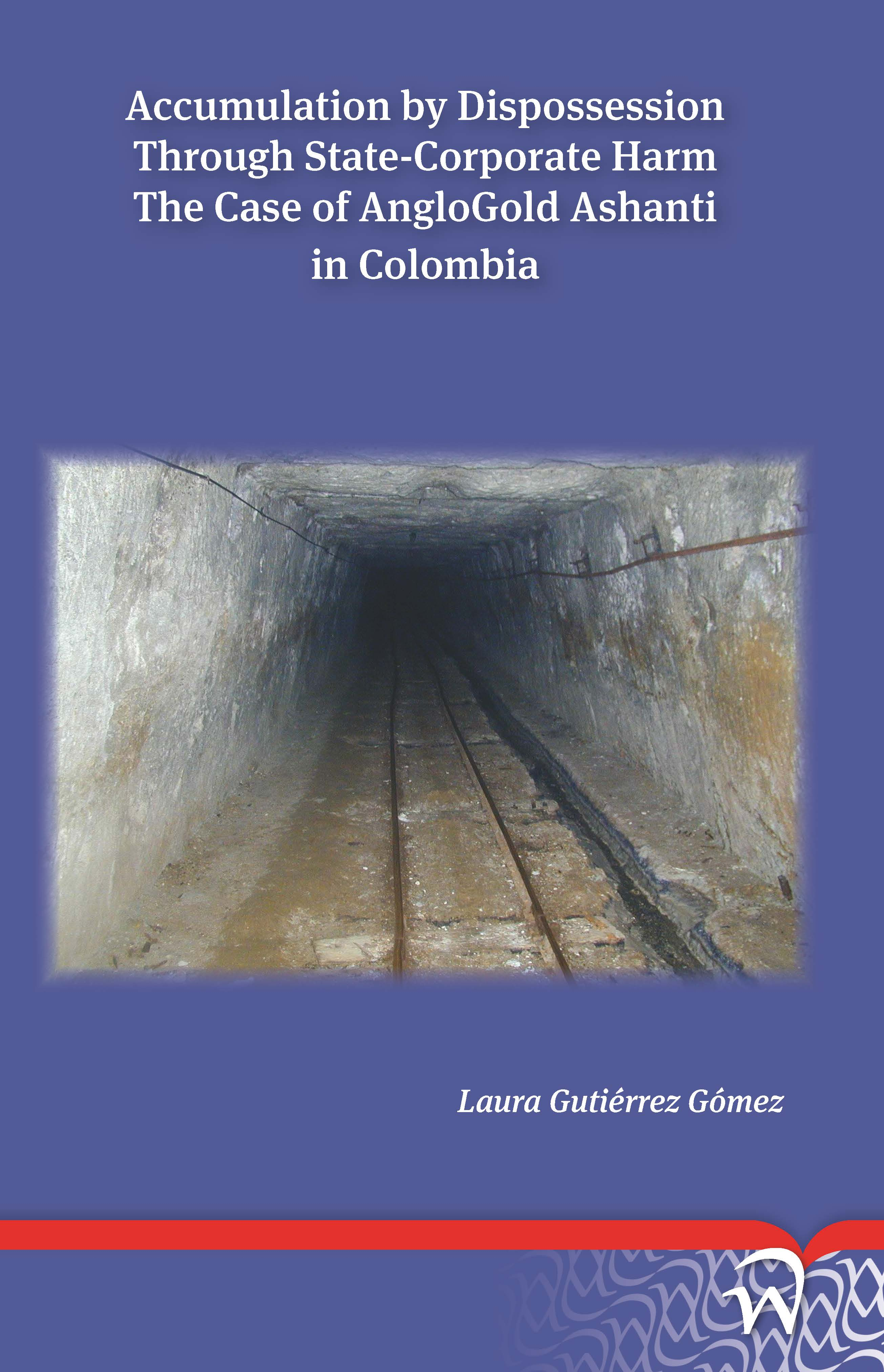
This book studies the case of AngloGold Ashanti’s activities in Colombia from a new theoretical perspective: accumulation by dispossession through state-corporate harm. By adding a harm perspective to the concept of state-corporate crime, and contextualizing it within the global process of accumulation by dispossession, this book studies the case of AngloGold Ashanti in Colombia, using the concepts of ‘friction’ and ‘frontier’ to understand the relevant interactions that make up this case. The aim is to answer, what is the nature of the harms resulting from the interaction between the multinational corporation AngloGold Ashanti, and the Colombian state? And, furthermore, how can this phenomenon be explained? To answer these questions, the author gives account of the origin of current mining policies and regulation in Colombia; followed by an analysis of AGA’s entry to the country, and the way in which it acquired several mining titles. Finally, she discusses the corporation’s gold mining project La Colosa, located in the Tolima region, and the power dynamics that rule this mining frontier. After giving account of the interactions and harms that take place in the abovementioned situations, the study suggests that state-corporate harm, stemming from the interaction between AngloGold Ashanti and the Colombian state, is the means by which the process of accumulation by dispossession materializes, thereby giving a possible explanation to the phenomenon under discussion.